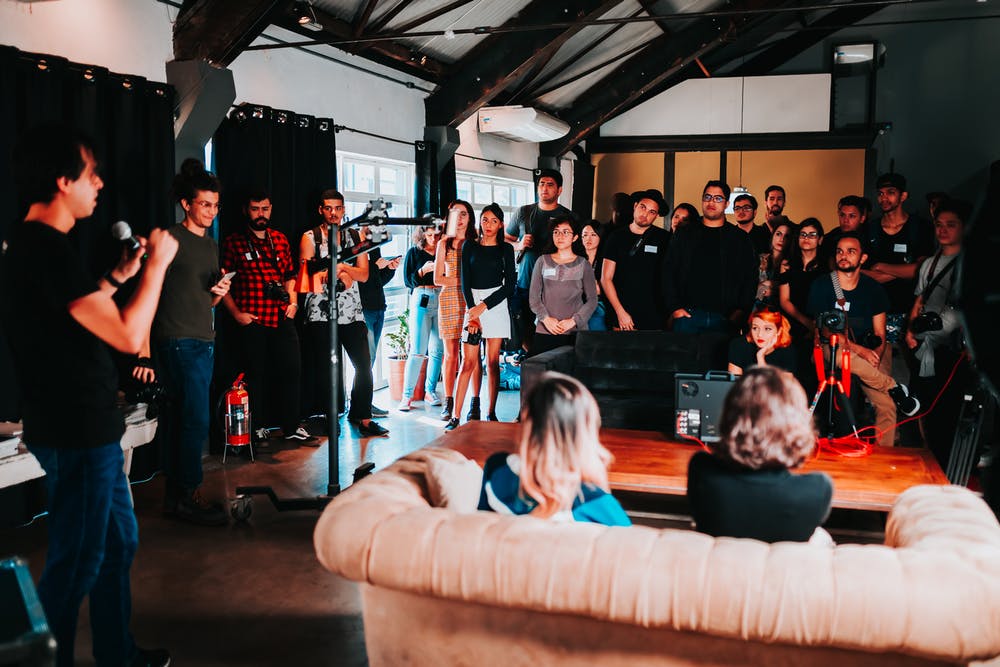What is an Intelligent System?
Find out how researchers are designing intelligent systems of the future -
and how students are envisioning them!
Learn from Experts.
Discuss cutting edge technology and applications of intelligent systems
with leading experts from industry and academia.
- 00Days
- 00Hours
- 00Minutes
- 00Seconds
JOIN THE EVENT
Why attend business event
-
Great Speakers
How you transform your business as technology, consumer, habits industry dynamic
-
Networking
How you transform your business as technology, consumer, habits industry dynamic

-
New People
How you transform your business as technology, consumer, habits industry dynamic
-
Have Fun
How you transform your business as technology, consumer, habits industry dynamic
OUR SERVICES
Our Awesome Services
Awesome Courses
Lorem ipsum dolor sit amet, consectetur adipiscing elit. Ut elit tellus, luctus nec ullamcorper mattis, pulvinar dapibus leo.
Medical Service
Lorem ipsum dolor sit amet, consectetur adipiscing elit. Ut elit tellus, luctus nec ullamcorper mattis, pulvinar dapibus leo.
Many Sports
Lorem ipsum dolor sit amet, consectetur adipiscing elit. Ut elit tellus, luctus nec ullamcorper mattis, pulvinar dapibus leo.
Online Courses
Lorem ipsum dolor sit amet, consectetur adipiscing elit. Ut elit tellus, luctus nec ullamcorper mattis, pulvinar dapibus leo.
Transportation
Lorem ipsum dolor sit amet, consectetur adipiscing elit. Ut elit tellus, luctus nec ullamcorper mattis, pulvinar dapibus leo.
Customer Support
Lorem ipsum dolor sit amet, consectetur adipiscing elit. Ut elit tellus, luctus nec ullamcorper mattis, pulvinar dapibus leo.
Get Personalized All Categories Recommendations.
Lorem Ipsum is simply dummy text of the printing and typesetting industry. Lorem Ip typly five centuries, but also the leap into electronic typesetting, remaining essentially unchanged. It was popularised in the 1960s with the release of Letraset sheets containing Lorem Ipsum passages, and more recently with desktop publishing software like Aldus PageMaker including versions of Lorem Ipsum
MEET
Leading Experts from Around the World
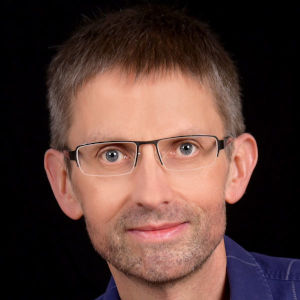
Uwe Gäbler
Infineon Technologies
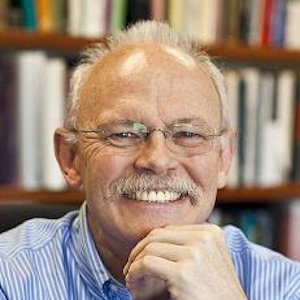
James L. McClelland
Stanford University / DeepMind
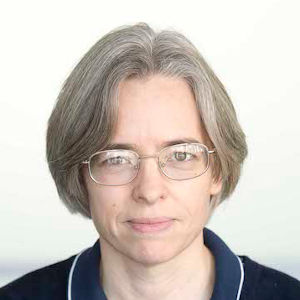
Louise Dennis
University of Manchester
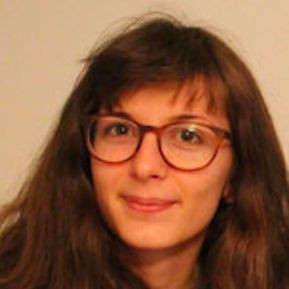
Mihaela Rosca
UC London / DeepMind
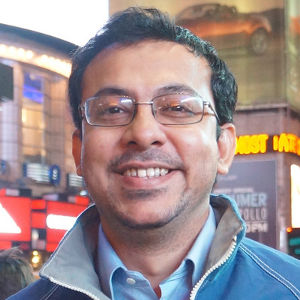
Pradeep Banerjee
Max Planck Institute for Mathematics in the Sciences

Manuel Cebrian
Max Planck Institute for Human Development

Katja Seeliger
Max Planck Institute for Human Cognitive and Brain Sciences
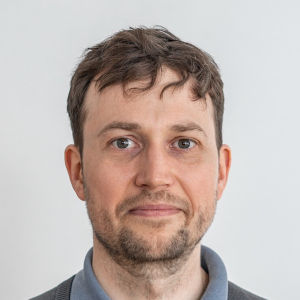
Martin Suda
Czech Technical University in Prague

Simon Dobson
University of St Andrews

Marcos Cramer
TU Dresden
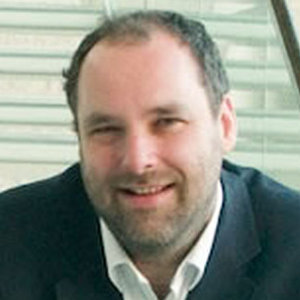
Nigel Davies
Lancaster University

Louise Dennis
University of Manchester
GET EXPERIENCE
Event Speakers
Lorem Ipsum is simply dummy text of the printing and typesetting industry. Lorem Ipsum has been the industry's standard dummy text ever since the 1500s, when an unknown printer took a galley of type and scrambled it to make a type specimen book. It has survived not only five centuries, but also the leap into electronic typesetting, remaining essentially unchanged. It was popularised in the 1960s with the release of Letraset sheets containing Lorem Ipsum passages, and more recently with desktop publishing software like Aldus PageMaker including versions of Lorem Ipsum.
SCHEDULE DETAILS
Event Schedules
- 09:30 - 12:00 CEST
- Thomas Schmid & Sven Linker
- Lecture Hall 1
Workshop "Hybrid Artificial Intelligence"
In this face-to-face workshop, on-campus participants will together explore the growing, diverse, and exciting field of hybrid AI concepts. In particular, we will discuss not only classical hybrid approaches likes neural-symbolic integration, but also more general combinations of different strategies from different fields of artificial intelligence. The overall goal of this interactive workshop is to find the connecting dots between diverse research topics of the participants.
Lunch Break

- 13:45 - 14:00 CEST
- Nigel Davies
- Lecture Hall 1 (+ONLINE)
Opening "Welcome to LEISYS 2022"
Nigel Davies, Head of the School of Computing and Communications at Lancaster University and Co-Director of the Data Science Institute at Lancaster University, will introduce the audience to LEISYS and the campus of Lancaster University in Leipzig.
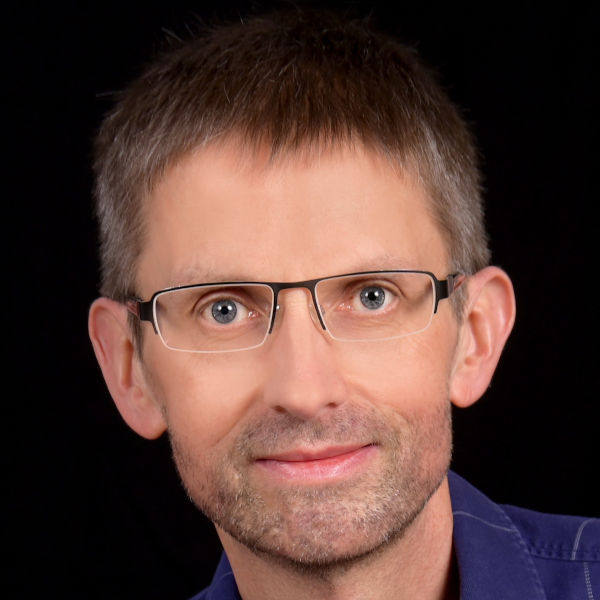
- 14:00 - 15:00 CEST
- Uwe Gäbler
- Lecture Hall 1 (+ONLINE)
Keynote "Embedding the Future: Opportunities and Prospects of Edge AI from the Perspective of a Chipmaker"
AI has the potential to sustainably change social, economic and ecological processes. The semiconductor industry plays an important role in this development, because AI applications are usually based on semiconductor solutions. Infineon is already a user and provider of AI solutions today. Infineon connects the real world with the digital world through system expertise in hardware, software as well as algorithms and hence helps to make AI applications more robust, energy-efficient and secure. In this context, Edge or Embedded AI applications are becoming increasingly important. Within Edge AI solutions, data is processed close to sensors making applications energy-efficient, fast and secure. Therefore, Embedded AI creates special opportunities for European semiconductor manufacturers such as Infineon and the Silicon Saxony industry cluster.

- 15:00 - 15:30 CEST
- Katja Seeliger
- Lecture Hall 1 (+ONLINE)
Research Talk "Convolutional Neural Networks and Human Visual Information Processing"
In parallel to the successes of neural networks for computer vision during the past decade, computational visual neuroscience has experienced a paradigm shift: The type of neural network behind their resurgence in computer vision happened to be the convolutional neural network, which originally had been proposed – in the form of the neocognitron – as the mechanism of object recognition behind the experimental findings in the early visual system by Hubel & Wiesel in the 1960s. In a rare succession of mutual scientific inspiration, convolutional neural networks trained on object recognition tasks turned out to be the best model for information processing in the human visual cortex as well. Recent approaches are using this processing similarity as a given, and train the networks directly (end-to-end) on newly recorded large-scale human neuroimaging data sets. This leads to biological properties learned implicitly, and to data-driven visual cortex models that allow wide-scaled in-silico exploration what higher brain areas are responding to.

- 15:30 - 16:00 CEST
- Marcos Cramer
- Lecture Hall 1 (+ONLINE)
Research Talk "Defining Rational Argumentation Semantics through the Principal-based Approach"
In the field of abstract argumentation one studies the possibility to make decisions about the acceptability of arguments based on the structure of the attack relation between arguments. For this purpose multiple argumentation semantics have been proposed. But which of these argumentation semantics give outcomes in line with what humans judge to be rational? This question can be tackled in different ways. In this talk, we focus on the principle-based approach to abstract argumentation, in which one defines certain principles that argumentation semantics should satisfy. One then studies which semantics proposed in the literature satisfy which principles, and if some desired combination of principles is not satisfied by any existing semantics, one studies the possibility of defining a new semantics that does satisfy this combination of principles. In this talk we pay special attention to the principle of Irrelevance of Necessarily Rejected Arguments and two argumentation semantics that were developed in order to satisfy this principle as well as certain other principles: SCF and choice-preferred semantics.
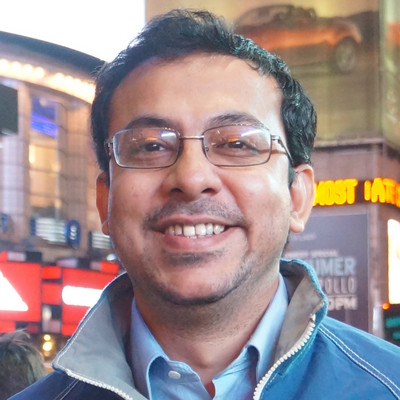
- 16:00 - 16.30 CEST
- Pradeep Banerjee
- Lecture Hall 1 (+ONLINE)
Research Talk "Information Stability, Stochastic Complexity and Generalization"
The generalization capability of a learning algorithm is intrinsically related to the information that the output hypothesis reveals about the input training dataset: The lesser the information revealed, the better the generalization. This argument has been formalized in recent years by appealing to different notions of information stability. In this talk, I will present a unifying picture of information stability-based upper bounds on the generalization error of randomized learning algorithms under different assumptions on the loss function. Optimizing these bounds naturally gives rise to a method called Stochastic Complexity Minimization for which we discuss two practical examples for learning with neural networks, namely Entropy- and PAC-Bayes- SGD.
Coffee Break
- 17:00 - 18:00 CEST
- Thomas Schmid & Sven Linker
- Lecture Hall 1
Award & Panel Discussion "What is an Intelligent System?"
In this face-to-face closing session, we will bring together on-campus participants in order to review day 1 of LEISYS 2022, discuss lessons learned and identify future directions of research.

- 14:00 - 14:30 CEST
- Louise Dennis
- ONLINE
Research Talk "Verifying Machine Ethics"
Machine ethics is concerned with the challenge of constructing ethical and ethically behaving artificial agents and systems. One important theme within machine ethics concerns explicitly ethical agents – those which are not ethical simply because they are constrained by their programming or deployment to be so but which use a concept of ethics in some way as part of their operation. Normally this requires the provision of rules, utilities or priorities by a programmer, knowledge engineer or user. In this talk I will address the question of how such explicitly ethical programs can be verified. What kind of properties can we consider and what kind of errors might we find?

- 14:30 - 15:00 CEST
- Manuel Cebrian
- ONLINE
Research Talk "Networked and Crowdsourced Response to Time-critical Threats"
This talk explores the physical, behavioral, and computational limits of crowd-assembly for time-critical problem-solving. I follow several real-world experiments where we utilized social media to mobilize the masses in tasks of unprecedented complexity. From finding red weather balloons, to locating thieves in distant cities, to reconstructing shredded classified documents, the potential of crowdsourcing is real, but so are exploitation, sabotage, and hidden biases that undermine the power of crowds.

- 15:00 - 15:30 CEST
- Simon Dobson
- ONLINE
Research Talk "Sensor Tensors"
Sensor networks are becoming increasingly common, but the torrent of data they provide is not without its problems. It's intuitively clear that issues such as the placement of the sensors, their accuracy, the degradations caused by physical wear and tear, and deliberate attacks will all affect the confidence we should place in the conclusions we draw from the data collected, but we have only a limited understanding of how these issues affect what we observe. This talk describes work in progress that represents a sensor system as a tensor -- a three-dimensional generalisation of a matrix -- that can be used to perform data interpolation. It might also help us understand the effects of errors and develop additional algorithms for in-network data analytics.
Coffee Break

- 16:00 - 16:30 CEST
- Martin Suda
- ONLINE
Research Talk "Boosting Automated Reasoning using Machine Learning"
Clause selection is one of the key decision points within the saturation-style architecture of automated theorem provers (ATPs) for first-order logic. I will describe how machine learning (ML) can be used to greatly improve the clause selection heuristics and thus the prover performance. I will then try to put this prototypical example of the ATP+ML synergy into a broader context.

- 16:30 - 17:00 CEST
- Mihaela Rosca
- ONLINE
Research Talk "The Importance of Discretisation Drift in Deep Learning"
Gradient descent is an ubiquitous tool in the area of deep learning. Still, much of the underpinnings of gradient descent in the deep learning context have yet to be understood. In this talk we will explore a line of work which uses backward error analysis to quantify the discretisation drift induced by gradient descent and shed light on its effects in supervised learning and two-player games. We will uncover the implicit regularisation effect that gradient descent has in supervised learning, and see how it can aid generalisation. In two-player games however, we will find a more complicated picture which shows that for adversarial games such as GANs discretisation drift can have a harmful effect, and that by cancelling parts of the drift using explicit regularisation we can improve performance and stability.

- 17:00 - 17:30 CEST
- James L. McClelland
- ONLINE
AI- & Human-Inspired Attentional Learners as Models of Human Thinking & Planning
James will consider the Transformer Architecture that has become a standard tool for AI and Natural Language Processing (NLP) and examine its relevance for understanding human thinking and planning. He will suggest that human-like instantiations of this architecture might allow us to build models that capture many aspects of human performance using a general-purpose architecture that has its roots in models of human memory that originated almost 50 years ago, and he will discuss some of the open questions that James and his group is grappling with as they seek to implement such systems to model human goal-directed problem solving and planning.
INFO UPDATE
Latest News
Warning: Trying to access array offset on false in /export/depts/fas/scc/sites/leisys.2023-01-12/wp-content/plugins/events-addon-for-elementor/elementor/widgets/basic/nabasic-blog.php on line 867
- March 30, 2022
Hello world!
Welcome to WordPress. This is your first post. Edit or delete it, then start writing!
- August 21, 2020
One of The Highest Mountains!
Lorem Ipsum is simply dummy text of the printing and typesetting indu scrambled it to make a type specimen book. It has survivedluding versions of Lorem Ipsum.
- August 21, 2020
Cheerful Loving Couple Bakers Drinking Coffee
Lorem Ipsum is simply dummy text of the printing and typesetting indu scrambled it to make a type specimen book. It has survivedluding versions of Lorem Ipsum.
-
Location
Lancaster University Leipzig
Strohsack-Passage
7th Floor
Nikolaistraße 10
D-04109 Leipzig
GERMANY -
Line Phone
+49 341 33975808
-
Website
www.lancasterleipzig.de

